Efforts continue by authorities in the Attica Region to contain the recent goat plague outbreak, the most recent case of which was reported in a livestock unit in Aspropyrgos, an industrial area west of Athens.
Specialized personnel and veterinarians have been conducting thorough inspections for five days after the first case was detected.
This year is the first time that the goat plague has been recorded in the country, when it was first detected in Central Greece.
Since the initial outbreak in Thessaly on July 11 there have been cases reported in 35 farms across Greece, and as of August 1, 13,000 animals have been culled until.
Over 2,000 animals in the Attica region have been examined so far, with all samples testing negative. In adherence to European health protocols, 650 animals from the infected unit were euthanized and incinerated.
Disinfection of the quarantined unit in Aspropyrgos is expected to be completed within the next couple of hours, while inspections are also being carried out in all farms within the protection zone.
Regional Governor of Attica Nikos Hardalias expressed his gratitude to all the veterinaries involved for their exemplary work and dedication and to the farmers for their patience and cooperation.
He reassured that “our specialized personnel tirelessly working in the field to contain the disease. Thanks to our prompt response and stringent, necessary measures, it appears we have managed to prevent the spread. However, we remain vigilant. Inspections will continue rigorously across all livestock units to ensure that products reaching consumers are absolutely safe.”
About the ‘Goat Plague’ – PPR
PPR, which also goes by ‘peste des petits ruminants’ and ‘sheep and goat plague,’ is a highly contagious animal disease affecting domestic and wild small ruminants.
It is caused by a virus belonging to the genus Morbillivirus, family Paramixoviridae and can impact up to 90% of a herd once it is introduced, according to the World Organization for Animal Health (WOAH).
The disease is transmitted through close contact of healthy animals with sick ones, direct contact with secretions of sick animals (tears, saliva, urine, feces), and indirectly through contaminated feed, bedding, machinery, and animal transport vehicles.
Symptoms in susceptible animals include high fever, lethargy and drowsiness, difficulty breathing and coughing, severe diarrhea, lesions with serous fluid around the eyes and nose, severe salivation from the mouth (wet face appearance), lesions inside the mouth (white plaques on the gums and the inside of the lips), and sudden mass deaths.
Source: tovima.com
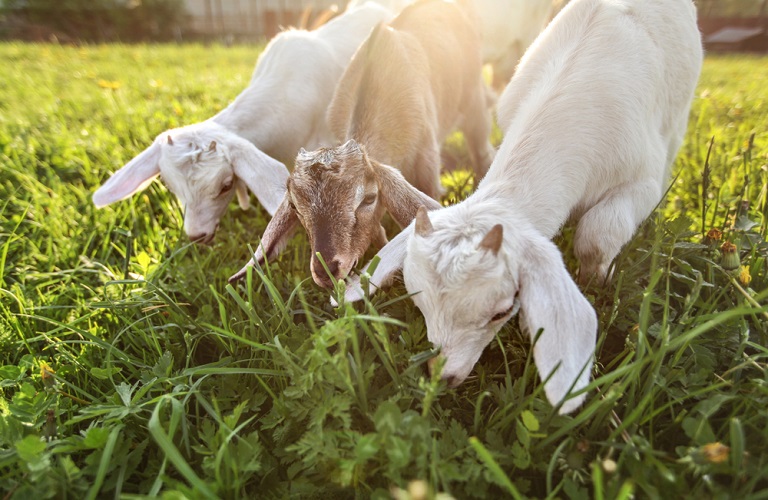



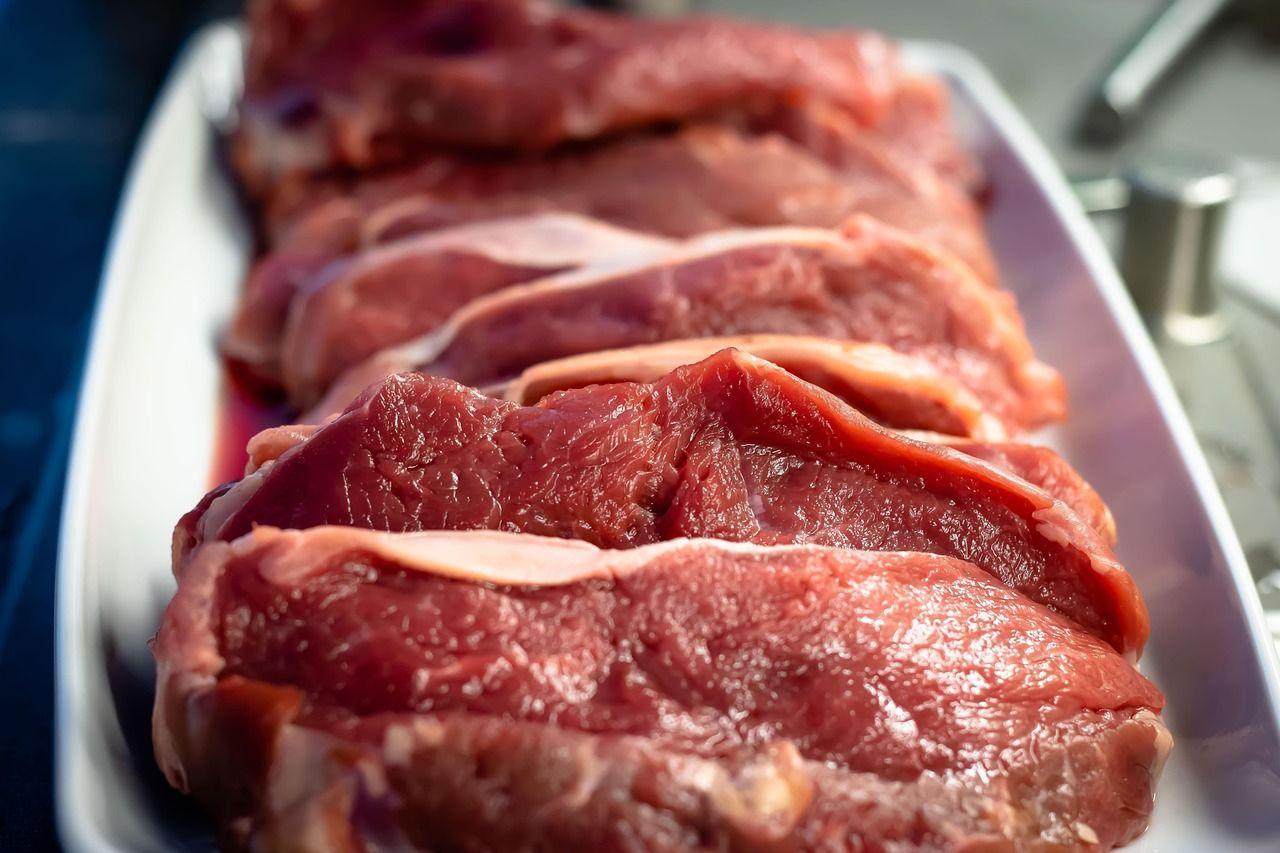


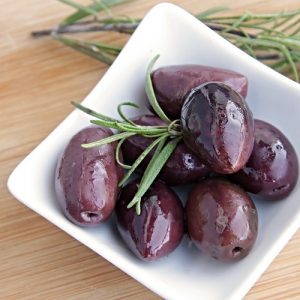
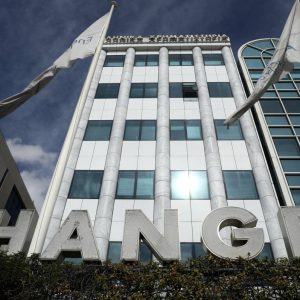









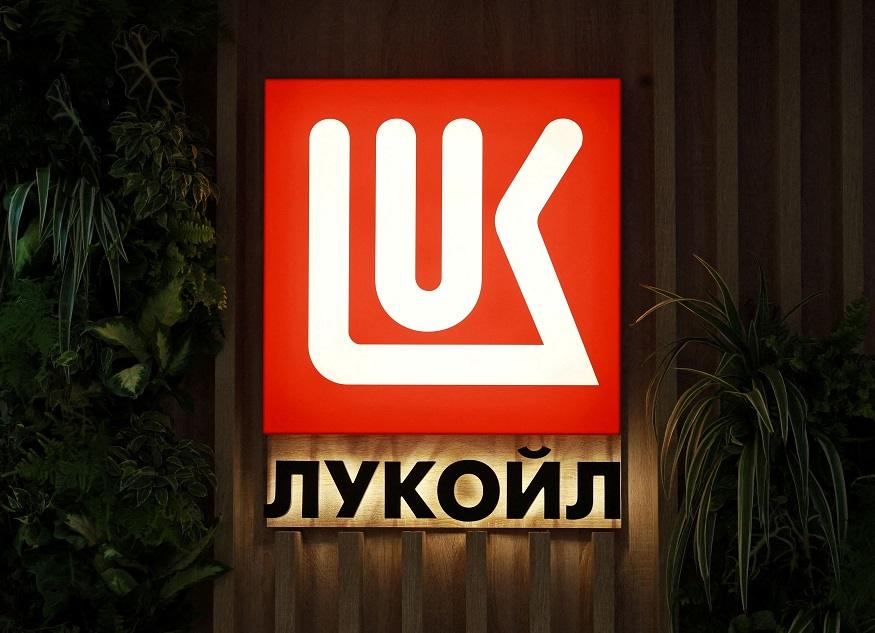
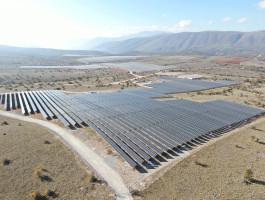








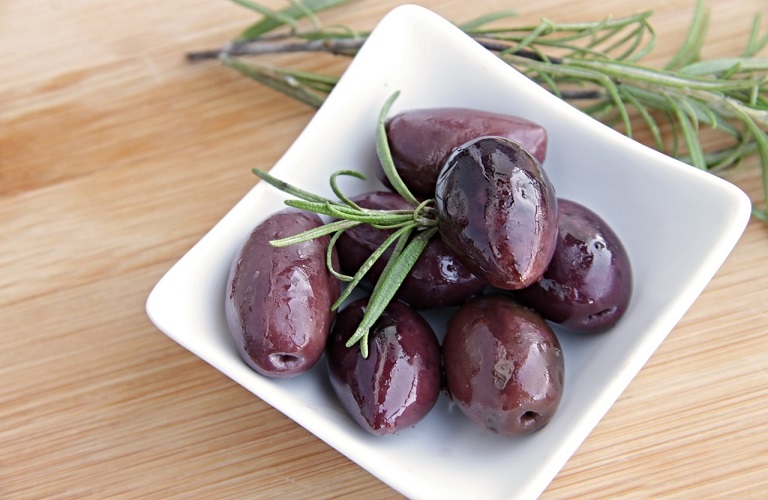
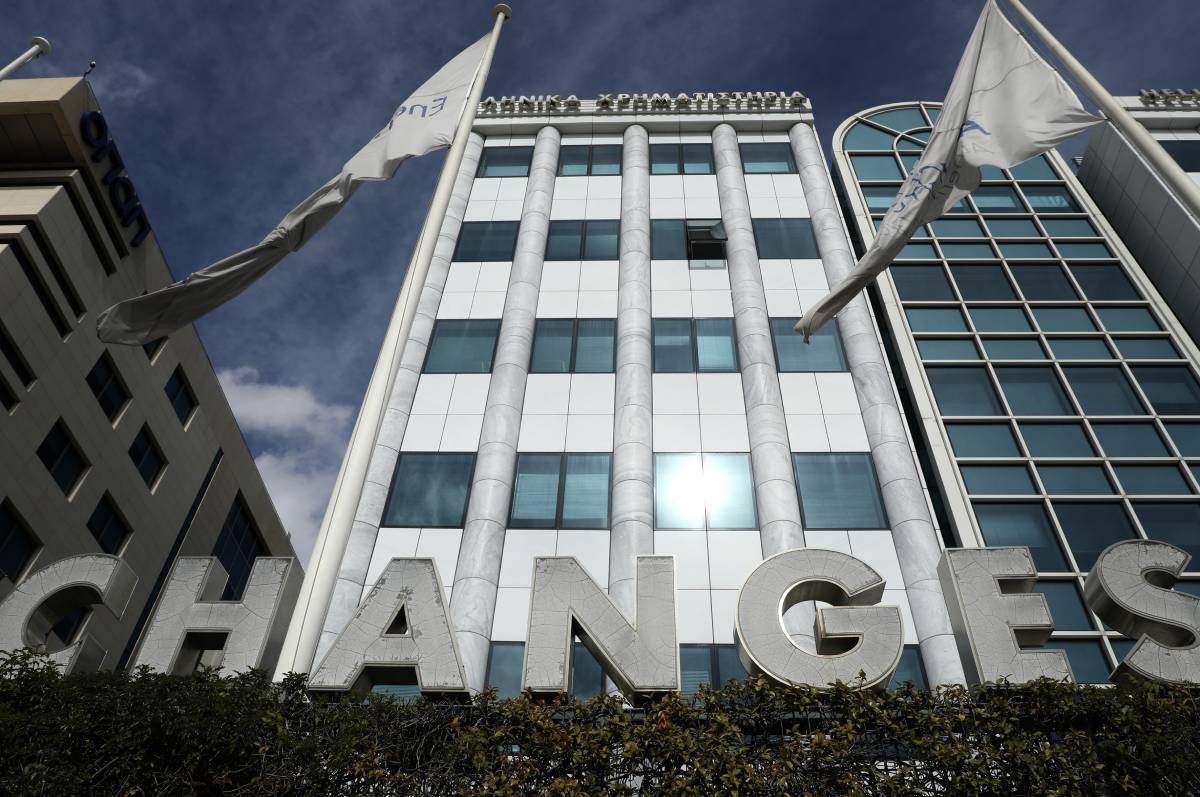





![Ελβετικό φράγκο: Κατατέθηκε η τροπολογία – Τα κριτήρια [πίνακες]](https://www.ot.gr/wp-content/uploads/2025/09/ot_elvetiko_fragko2.jpg)

![Βουλή: Τα ΕΛΤΑ στην Επιτροπή Θεσμών και Διαφάνειας [Live]](https://www.ot.gr/wp-content/uploads/2025/10/ELTA3.jpg)

